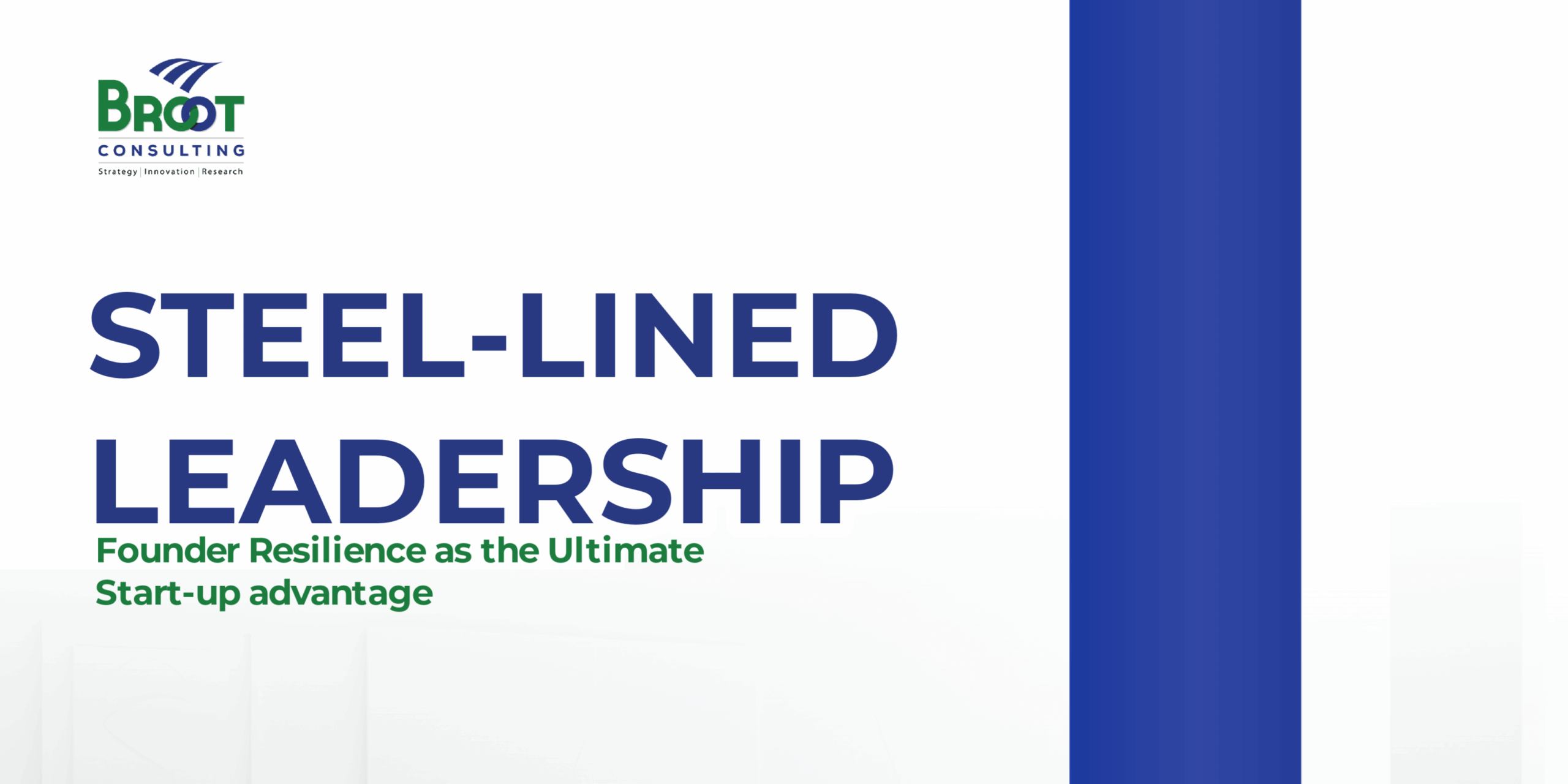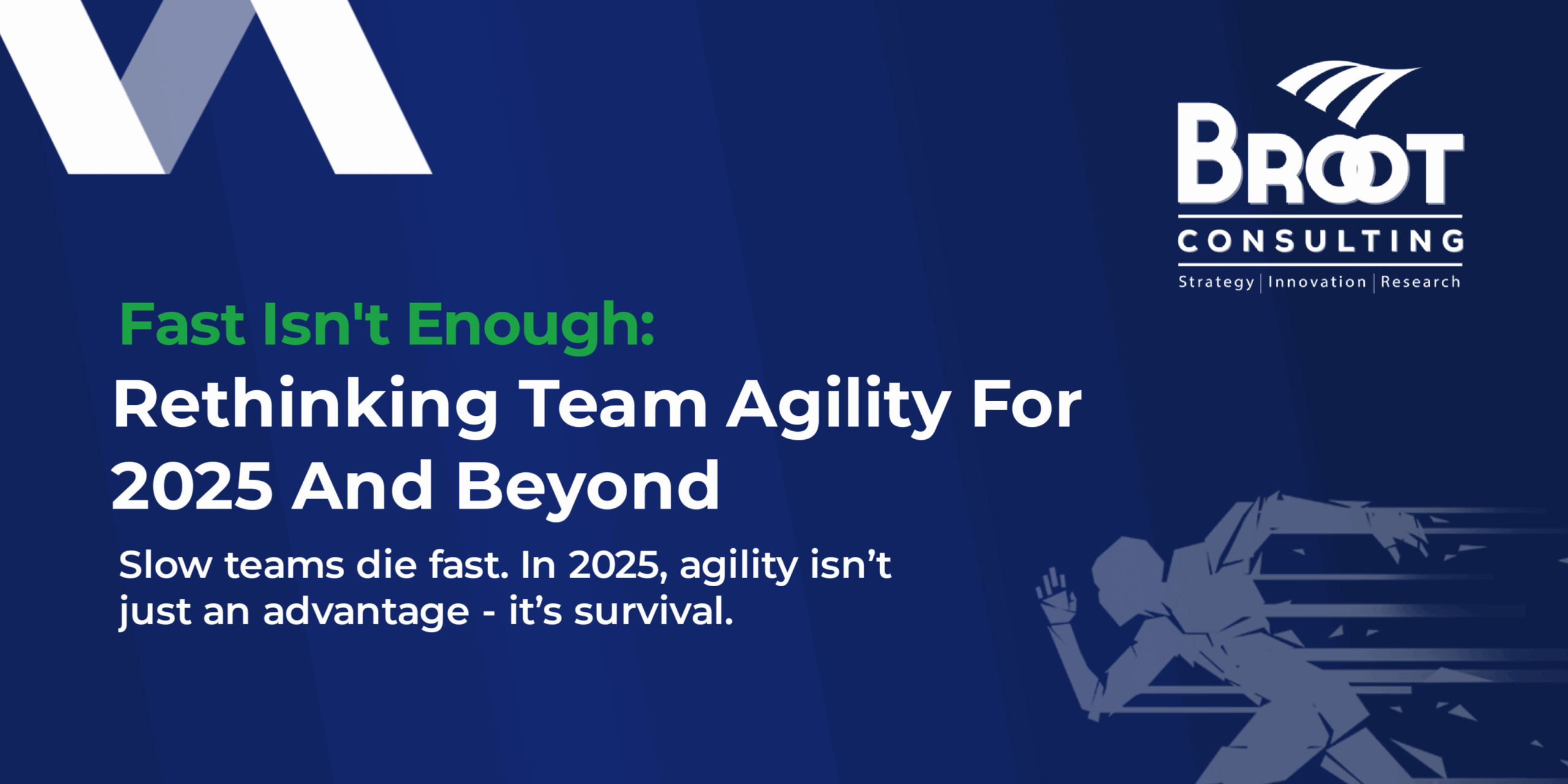“mastery is not a function of a genius or talent, it is a function of time and intense focus applied to a particular field of knowledge,”- Robert Greene
Have you ever started something and wondered if you would ever be good at it? Did you eventually become good at what you started to do? If yes, what practical steps did you take? And if not, what do you think you might have done to make yourself good?
The secret to gaining exceptional skill and competence lies in one simple word “Mastery”. To achieve a high level of success and competency and be successful, one has to be a master of that thing, meaning that you have to be the ‘lord’ over it. Mastery makes a champion of us; without mastery, the best one will be to become an average performer.
The Chinese and the Japanese have basic principles of mastery, which have been widely accepted and adopted worldwide. In China, the ‘mastery approach is used to teach students how to be top performers in mathematics; the mastery approach to learning requires that a Student learns a specific concept before moving on to more complex ideas through a rigid linear progression, usually through repetition when using the mastery approach in Shanghai, students were required to perform the same work at the same time and to master it before advancing to the next concept together, because of how efficient the mastery approach was in China, schools in the United Kingdom adopted the use of the mastery approach to teach their students and recorded significant changes in the student’s performance.
Japan, on the underhand, uses a concept called ‘SHU-HA-RI”, which simply means LEARN, DETACH and TRANSCEND—often used to gain mastery. This concept was borrowed from the Japanese martial art of aikido and has been popularized in agile software development. Using this concept would help you achieve the requisite skill and knowledge to be good at anything you do, not only in software development or martial arts but in your professional and personal endeavors. Before using this principle, it is crucial to understand what each concept means and how you can apply it to gain mastery.
The SHU means to follow or obey; obedience is the first stage of the learning process. It requires that you are focused solely on learning fundamentals through repetition. You repeat the primary forms until you form muscle memory. In the Shu stage, your primary goal is to repeat a task repeatedly until you have memorized it. The SHU is a state of constant practice; it calls for endurance and never quitting. What are you doing in the professional callings that stretch you beyond the ordinary and inflict pain, disappointment and sweat? You must remember that they are all part of the growth process. Like Mohammed Ali, I hated every minute of training, but I said, ‘Don’t quit. Suffer now and live the rest of your life as a champion.’
Once you have repeated a task and committed it to memory, then you can move on to the next stage, which is the ‘HA’ stage, which means to “detach” and “digress” Once you’ve mastered the basic forms and acquired the required skill, then you need to move to the next stage: branch out and learn from other masters. To properly understand the underlying theory, you might incorporate methods and variations from outside sources into your practice. The third stage is RI, which means “leave” or “separate”-transcendence: In the final stage of mastery, you can depart from forms altogether and proceed however your mind desires. Your learning no longer comes from other people but from your practice. When you’ve reached the RI stage, you are expanding the discipline and beginning to climb to your desired future states.
THE LRT GUIDE TO GAINING MASTERY?
Gaining mastery is simple but time-consuming. If you want to gain mastery of anything, you need determination, discipline and resilience. In the current age of disruptions and slow economic growth in both economies, professionals need to gain mastery in something; you need to be recognised in a particular skill that will make you stand out. Many today make the misstate to think their certificate or class of degrees is all that matters. If you are unwilling to do the work, you might as well stop reading now. Three simple steps to mastery can be found in this short acronym LRT. LRT stands for Learn, Repeat and Transcend. It is the guide to gaining mastery.
LEARNING: the first step to gaining mastery is the learning process, typically from experts in the same field, industry, or persons who have mastered the skill you wish to acquire. It is important that you choose the best learning method suitable for you, which can be physical or virtual or a hybrid form. We live in an age where there are thousands of resources online. You can learn something as simple as baking or riding a bike to something as complicated as learning how to code or block chain.
REPETITION; ever heard the phrase practice makes perfect? One of Elon Must popular votes is “There are way easier places to work, but nobody ever changed the world on 40 hours a week,” and the second one is “Working 16 Hours A Day, 7 Days A Week, 52 Weeks A Year And People Still Calling Me Lucky”. These words are so true; learning a fundamental concept is only the first step to gaining mastery; practicing or learning by doing is the most crucial phase; once you’ve earned the basic concept, you practice by repetition. Mastery comes from long hours of practice. Ask the world champions, like Christiano Ronaldo or LeBron James or highly accomplished professionals like Bill Gates, a Software Genius and one of the best tech entrepreneurs or Ben Carson (Snr), one of the best neurosurgeons the world has ever produced. They will tell you that long hours of repetitive practice are crucial to mastery. It is essential to have a practice schedule once you start this phase; your practice time can range from one hour to 15 hours per day; once you have scheduled your practice time, REMAIN FAITHFUL to it; another important thing is to always ask for feedback and criticism from people who are better skilled or gifted than you that are more skilled than you are, getting feedback enables to see areas in need of improvement, work on it and improve your skills.
TRANSCEND: this is the last and final stage to gaining mastery. This is the stage where you need to branch out. It’s important to learn and practice but build on what you have practised and develop it into a commercially viable product. Ensure the skills create desirable value in the market. The skill you have built must be something that can be expanded, replicated and bought by employers or the market generally. When you have gained the skill and knowledge you need, becoming a master rest solely on how to use the skill and knowledge you have acquired effectively and improve it to improve. A master not only learns but improves existing processes.
“The time that leads to mastery is dependent on the intensity of our focus-anonymous.”





